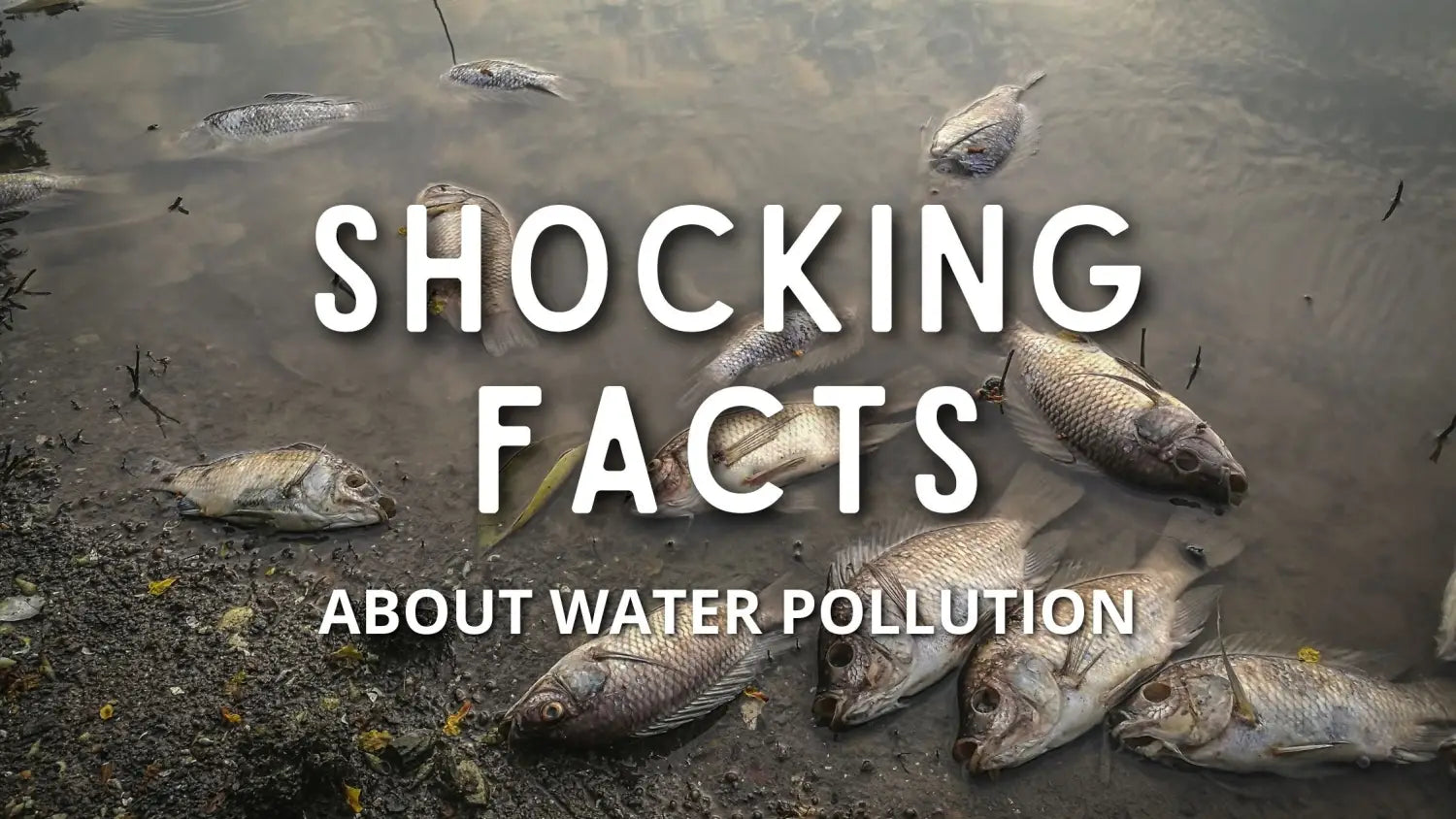Water pollution is a major environmental issue that affects the health and well-being of people and wildlife around the world. From plastic waste and chemicals to agricultural runoff and sewage, water pollution takes many forms, and has far-reaching consequences.
Shocking Facts about Water Pollution
Here are a few shocking facts about water pollution:
1. Water Pollution is a Global Problem
Water pollution is a global problem that affects every region of the world. From the smallest streams to the largest oceans, water pollution impacts the health and well-being of people and wildlife. In some parts of the world, water pollution is so severe that it poses a serious threat to human health, and can even lead to death.
2. Water Pollution Affects Marine Life
Water pollution not only affects people, but also impacts marine life in a number of ways. For example, plastic pollution in the ocean can entangle and suffocate marine life, such as whales and sea turtles. Chemical pollution can also be harmful to marine life, and can lead to the death of fish and other animals.
3. Water Pollution is Linked to Climate Change
Water pollution is not only a standalone environmental issue, but is also linked to climate change. For example, rising temperatures can lead to the release of pollutants from melting permafrost, and can also contribute to the spread of harmful algae blooms. In addition, extreme weather events, such as storms and floods, can also contribute to water pollution by washing pollutants into waterways.
4. Water Pollution Costs Billions of Dollars
Water pollution not only affects the environment and public health, but also has a significant economic impact. Cleaning up water pollution and addressing the consequences of water pollution, such as ill health and lost productivity, can cost billions of dollars. In some cases, the cost of water pollution is passed on to consumers in the form of higher prices for goods and services.
5. Water Pollution Can Have Lasting Effects
Water pollution can have lasting effects on the environment and public health. For example, chemicals and other pollutants can accumulate in the food chain, and can have long-term impacts on the health of people and wildlife. In addition, some forms of water pollution, such as plastic waste, can take hundreds of years to break down, and can continue to cause harm to the environment for decades to come.
6. We Can Take Steps to Reduce Water Pollution
Despite the challenges posed by water pollution, there are steps we can take to reduce this environmental problem. By reducing our use of plastic, conserving water, and properly disposing of waste, we can help reduce water pollution and protect our oceans and waterways. In addition, we can support policies and regulations that help prevent water pollution, and can educate others about the importance of protecting our water resources.
Shocking Facts about Water Pollution In Conclusion
Water pollution is a major environmental issue that affects people and wildlife around the world. By understanding the causes and consequences of water pollution, and by taking action to reduce this environmental problem, we can help protect our oceans and waterways and preserve them for future generations.



















